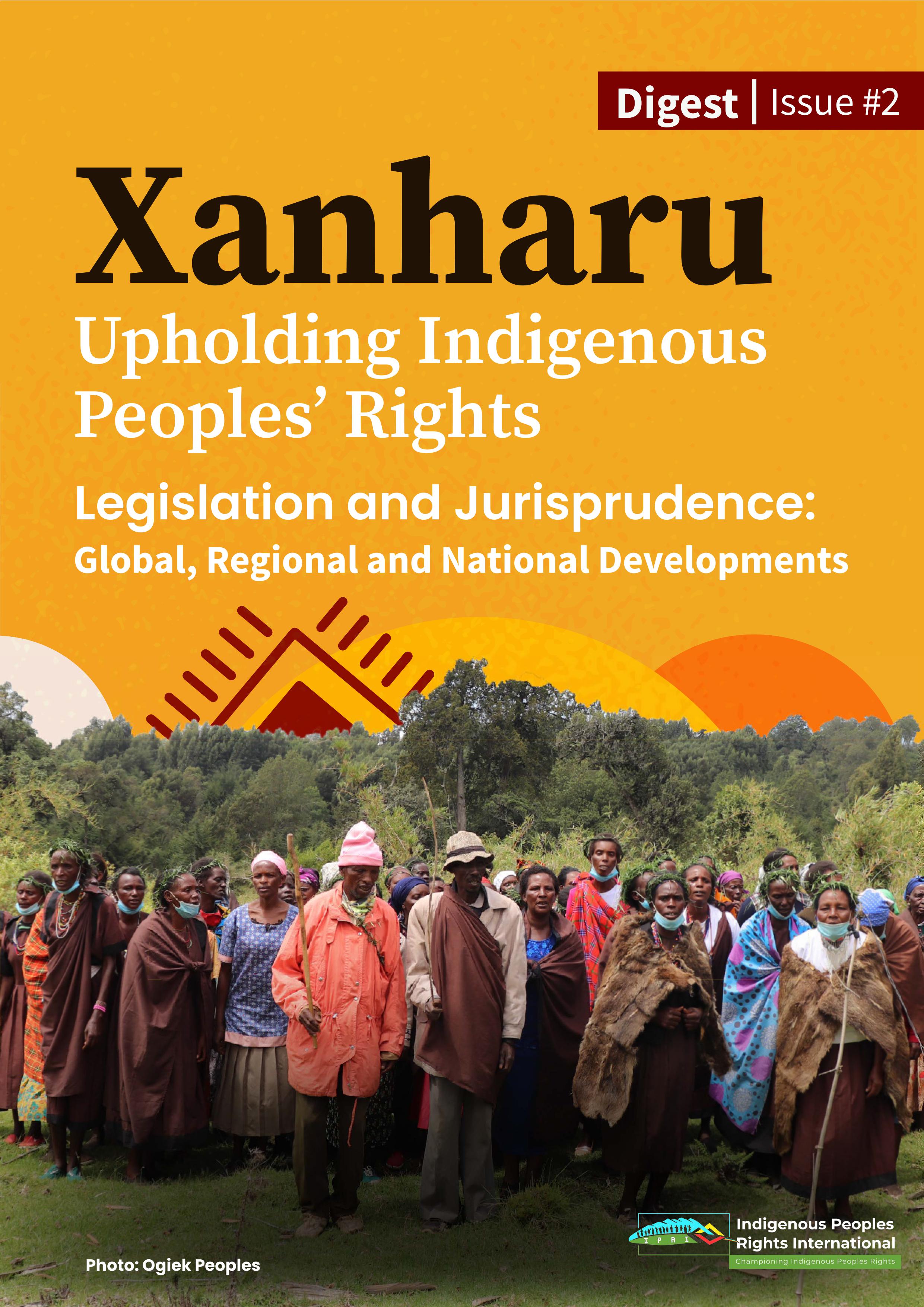The centuries of struggle by Indigenous Peoples around the world against colonization, forced assimilation and systemic discrimination have resulted in the adoption of the UN Declaration on the Rights of Indigenous Peoples (UNDRIP) by the UN General Assembly in September 2007. The UNDRIP sets the minimum international standards for the respect, recognition, and protection of the rights of Indigenous Peoples (art. 43).
Despite this milestone achievement of Indigenous Peoples, their rights continue to be violated in law and practice in many parts of the world. However, more and more legislation and jurisprudence affirming the rights of Indigenous Peoples, especially to their lands, territories, and resources, to self-determination and to their cultural heritage, are being issued by different authoritative bodies in line with the UNDRIP and with universal and regional human rights treaties.
Despite this milestone achievement of Indigenous Peoples, their rights continue to be violated in law and practice in many parts of the world. However, more and more legislation and jurisprudence affirming the rights of Indigenous Peoples, especially to their lands, territories, and resources, to self-determination and to their cultural heritage, are being issued by different authoritative bodies in line with the UNDRIP and with universal and regional human rights treaties.


